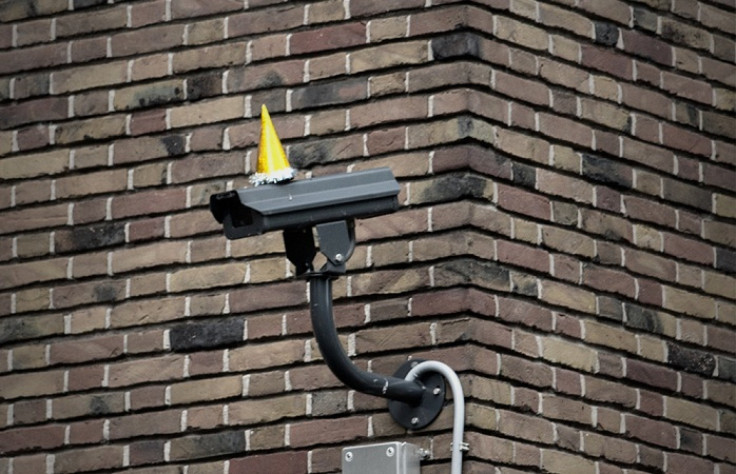Memo To Media: George Orwell Wrote More Than Just '1984'

June was a great month for doublespeak. Director of National Intelligence James Clapper was caught lying in a congressional hearing about the scope of the National Security Agency’s ability to snoop on American communications. Clapper, when asked by Sen. Ron Wyden, D-Ore., last March, “Does the NSA collect any type of data at all on millions or hundreds of millions of Americans?” he answered, “No, sir … not wittingly.”
When NBC’s Andrea Mitchell asked Clapper how his testimony squared with the details on the PRISM program revealed by leaker Edward Snowden, he said his response was the “least untruthful” answer that he could give.
Then there’s the quirky little saga of the NSA’s four-page document defending PRISM, released shortly after the Snowden leaks to “dispel some of the myths” circulating in the press. The NSA called it a “factsheet,” but has quietly scrubbed it from its web site now that a couple of legislators have questioned the factualness of the contents.
Anytime a surveillance issue re-enters the news, the media inevitably trots out its stock of George Orwell references. But it’s frustrating that the popular vision of Orwell largely focuses on his fictional visions of totalitarianism (“1984” and “Animal Farm”) while mostly ignoring his writing that focused on actual struggles against actual fascism (“Homage To Catalonia”), the harsh realities of poverty (“Down and Out In Paris And London”), and his advocacy for a socialist state (“The Lion and the Unicorn”).
It’s a damn shame that the popular knowledge of Orwell is so myopically limited to Big Brother and “four legs good, two legs bad,” because Orwell’s essay, “Politics and the English Language,” is particularly relevant to the torrent of disingenuousness that spews out of the mouth of any government official when talking about PRISM. Every American high schooler should have to read this essay. Journalists -- especially political journalists -- should keep photocopies of it tacked up by their desks and have relevant passages tattooed on their person.
“The great enemy of clear language is insincerity… [and] in our age there is no such thing as ‘keeping out of politics,’” Orwell wrote. “All issues are political issues, and politics itself is a mass of lies, evasions, folly, hatred, and schizophrenia.”
© Copyright IBTimes 2024. All rights reserved.











